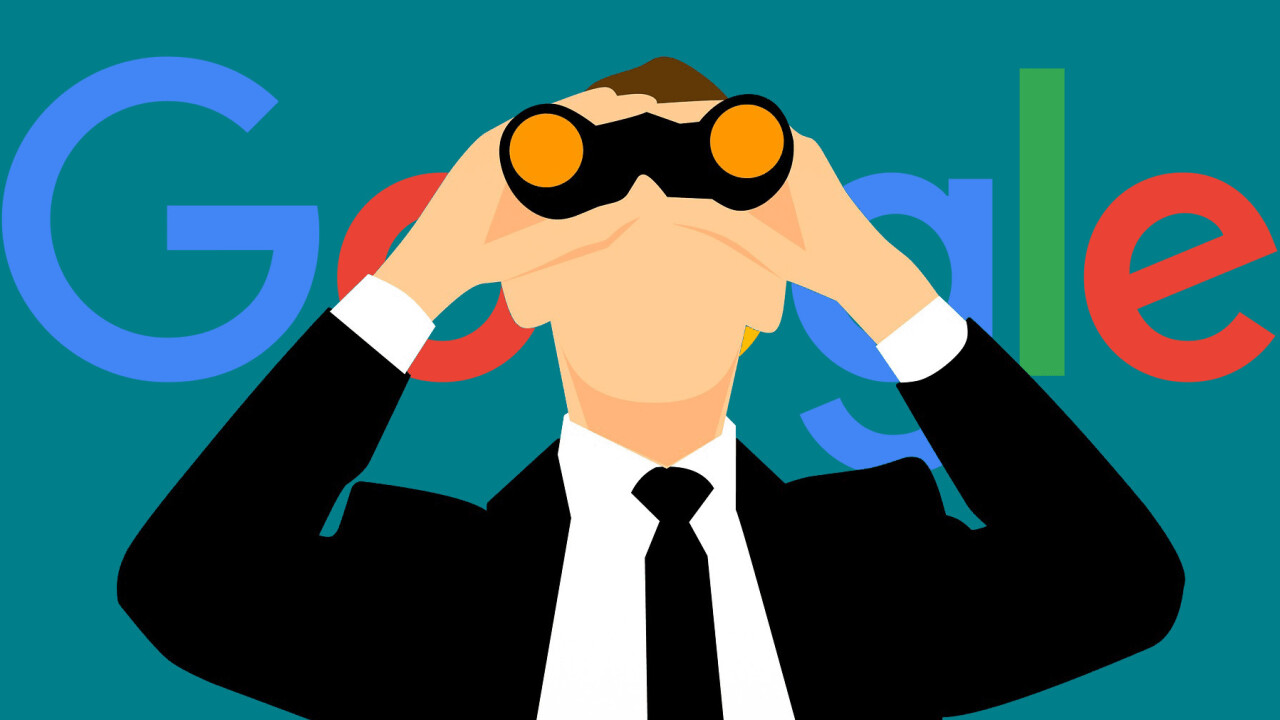
Advertisements follow you everywhere. Google and Facebook have become the de facto diarchs, mining your online attention to track every single move to serve their needs.
While it’s becoming increasingly impossible to quench the big tech’s thirst for user data, collect they must in order to sell ads, and for them to thrive and grow.
So don’t be surprised the next time you have a private conversation with your friend about a specific brand of earphones you were planning to buy, only to see an ad for that very earphone the next time you pick up your phone.
According to Tristan Harris, a former design ethicist at Google and co-founder of Center for Humane Technology, companies have not only gotten better at predicting your next move (starts at 9:48 minute mark), but also in understanding you well enough to help their algorithms arrive at the same conclusion, either by inferring from your past preferences or by extrapolating consumer behavioral patterns (people who bought this item also bought that), even before you reach them.
On one hand, this kind of tech is impressive. But when social media platforms like Facebook and YouTube become a tool for violence in developing countries, and an amplifier for extremists who are looking to spread acts of terror, it is imperative that these recommendation algorithms don’t remain just black-boxes and are scrutinized closely for unintended consequences.
The bigger problem, however, is the business model of these companies itself. When their stock performance is directly proportional to the effectiveness of ad targeting, which in turn depends on their products’ ability to capture users’ attention, the challenge is to arrive at a middle ground that ensures they are useful and at the same time held accountable when they step out of line.
The threats from internet platforms have doubtless put individuals and policymakers in a fix. But ultimately though, companies like Google and Facebook thrive on your attention. And it’s up to you to choose where you want to spend it.
Via Quartz
TNW Conference 2019 is coming! Check out our glorious new location, inspiring line-up of speakers and activities, and how to be a part of this annual tech extravaganza by clicking here.
Get the TNW newsletter
Get the most important tech news in your inbox each week.




